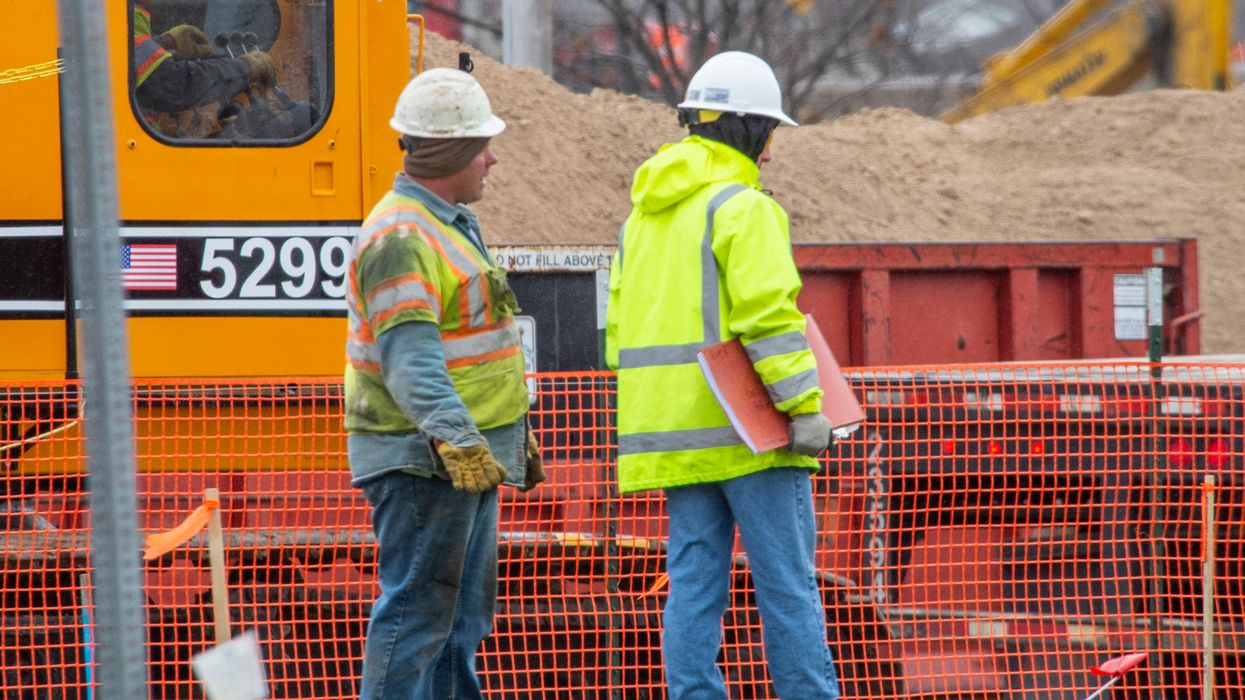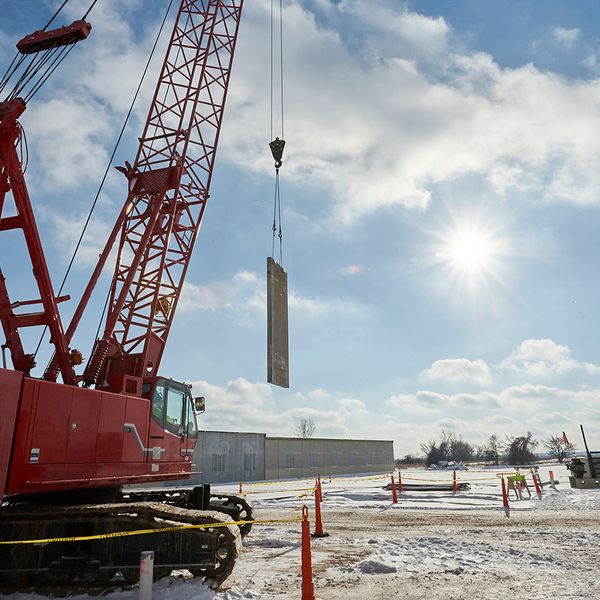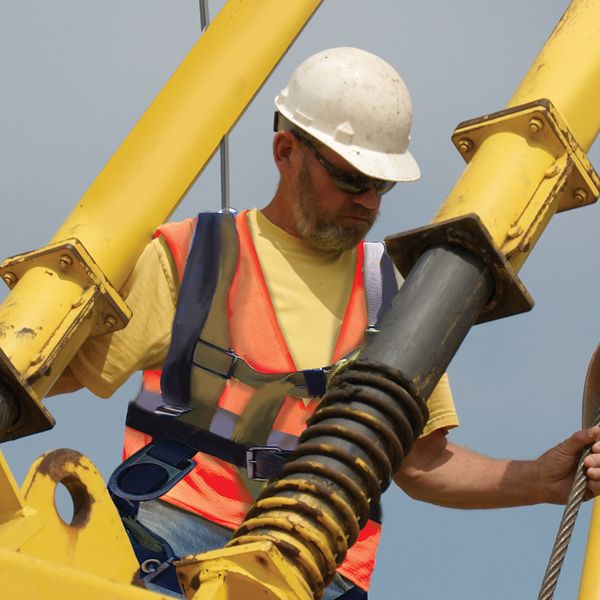Ensure your crane operators are properly certified
Have you ever eaten at the 999 Diner (pronounced — “triple nine”)? It’s not a real diner; it’s just what we called the jobsite barbeque grill near the 999 Manitowoc crane. You can find the best grilled chicken, all-beef hotdogs, and porterhouse steaks grilled at construction jobsites across America.
At my jobsites, the executive chef was a crane oiler. The oiler’s barbecue grill was just outside the crane’s radius. It was close enough to baste and grill meats for lunch when the crane was stationary. The first time I ate there, I remember standing next to the “iron beast” (999 Manitowoc crane). It’s a 250-ton lattice-boom crane with a 400-horsepower engine and 230 feet of stick (boom). Standing next to it, I understood why OSHA requires certain operators to be certified.
When I worked on construction projects, the general rule about crane operator certification was that all construction industry crane operators must be certified. According to OSHA Standard 1926.1427, Operator training, certification, and evaluation, this isn’t true. Cranes with a hoisting and lifting capacity of less than 2,000 pounds don’t require a certified operator. Derrick and sideboom operators only need to be trained on how to operate the crane safely.
When I left the “iron beast” behind at the powerhouse and started work on a pipeline project, we had sideboom cranes. I asked the operator for his certification. When he told me he didn’t need one, I thought he was giving me a hard time. Besides the exceptions above, all other crane operators in the construction industry must be certified.
OSHA requires that construction industry crane operators must be certified in one of these four ways:
- Certification by an independent testing organization accredited by a nationally recognized accrediting agency,
- Qualification by an employer’s independently audited program,
- Qualification by the U.S. military, or
- Compliance with qualifying state or local licensing requirements (mandatory when applicable).
If recertification is required, here are general tips to remember:
- Determine what date your operator was certified by the crane accrediting agency.
- Plan to get your crane operators recertified before their certification expires. There isn’t a grace period, so don’t wait until the last minute to recertify. When it expires, your operator cannot operate a crane unless it’s one of the cranes exempt by the OSHA’s standard.
- Request a copy of the crane accrediting agency’s national accreditation and verify it hasn’t lapsed.
On November 25, 2019, OSHA issued a memo saying it was notified by a crane accrediting agency its accreditation lapsed but anticipated regaining it within three months. During the lapse, the accrediting agency issued crane certifications to operators.
Recognizing that many employers had their crane operators certified by this agency to meet its certification requirement, OSHA said it would not cite these employers who sought certification for their operators in good faith. So, ensure the crane accrediting agency your company uses is accredited by OSHA.
Key to remember: Ensure your operators are properly certified and use a nationally accredited crane accrediting agency.





















































